The Doctor of Philosophy in Criminal Justice at UCF is a research-intensive program designed to prepare scholars, educators and leaders ready to make a lasting impact on the field. This 57-credit-hour, post-master’s program blends advanced theory with hands-on research, preparing graduates for careers in academia, policy development and high-level criminal justice leadership.
Students receive a strong foundation in both criminal justice theory and institutions, as well as teaching, setting it apart from competitors. Most doctoral students are assigned as a graduate teaching assistant and, on average, are instructor-of-record for two courses upon graduation.
Doctoral students develop the expertise to examine criminal justice issues from multiple angles and levels. Students can tailor their studies with a concentration in policing, corrections or juvenile justice. The program is structured to ensure deep subject mastery:
- 42 credit hours of doctoral coursework to build expertise in research methods, policy analysis and contemporary issues.
- 15 credit hours of dissertation research to explore and contribute new knowledge to the field.
UCF’s world-class faculty are active researchers in criminal justice, providing mentorship and guidance throughout the program. Students gain hands-on research experience, exposing them to a wide array of criminal justice topics that impact the field.
Graduates of UCF’s Ph.D. program benefit from UCF’s partnerships with more than 100 local, national, and international organizations, working directly on issues that impact public safety. In fact, the program boasts a 100% employment rate in higher education, criminal justice agencies and private consultancies. Graduates become competent analysts for state and local agencies, where they can use data-driven approaches to improve safety and justice in communities.
Whether you aspire to shape the next generation of criminal justice professionals, influence policy, or conduct high-impact research, UCF’s commitment to excellence in research and leadership equips you with the skills and experience to make a difference.
Possible Careers
- Chief of Police
- Correctional Administrator
- Correctional Manager
- Criminal Justice Researcher
- Federal Agency Administrator
- Forensic Science Researcher
- Intelligence Analyst
- Policy Analyst
- Public Policy Director
- University Lecturer
- University Professor
- Vice President of Security Operations
Community Partners for Robust Networking & Research Opportunities
UCF Doctoral Criminal Justice Graduates Reporting Job Placement Within Six Months
Available On-Campus
Location
The Ph.D. program in Criminal Justice is available in-person at UCF's main campus.
Graduate Assistantships
The Department of Criminal Justice offers several graduate assistantship opportunities for students to engage in teaching or research during their graduate studies. Assistantships include a tuition waiver, stipend, work experience, and health insurance, qualifies the student for in-state residency. For more information, contact us.
Doctoral Students
-
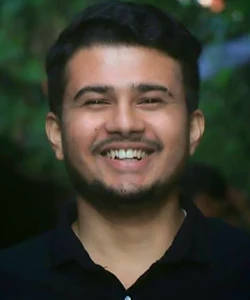
Bigyan Acharya
Doctoral Student -
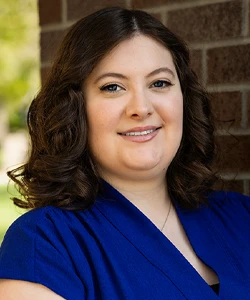
Mackenzie Allred
Doctoral Student -
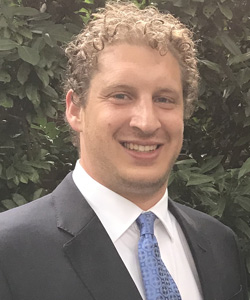
Benjamin Cohn
Doctoral Student -
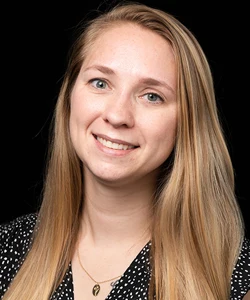
Leslie Cuddy
Doctoral Student -

Patrick Harris
Doctoral Student -
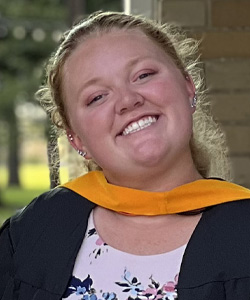
Sara Lucak
Doctoral Student -
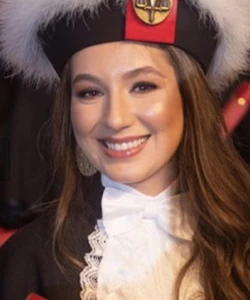
Rafaela Marchesan
Doctoral Student -
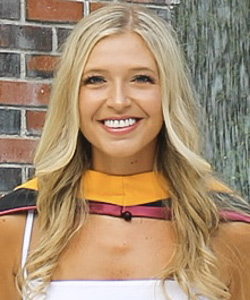
Mackenzie Masters
Doctoral Student -

Geldy Nunez
Doctoral Student -

Hyunmin Park
Doctoral Student -
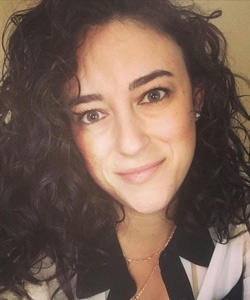
April Reed
Doctoral Student -
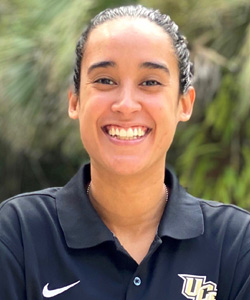
Krystle Roman
Doctoral Student -

Sadia Ruiz-Baxter
Doctoral Student -
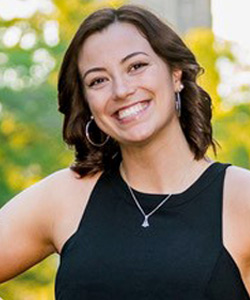
Amelia Wiercioch
Doctoral Student
